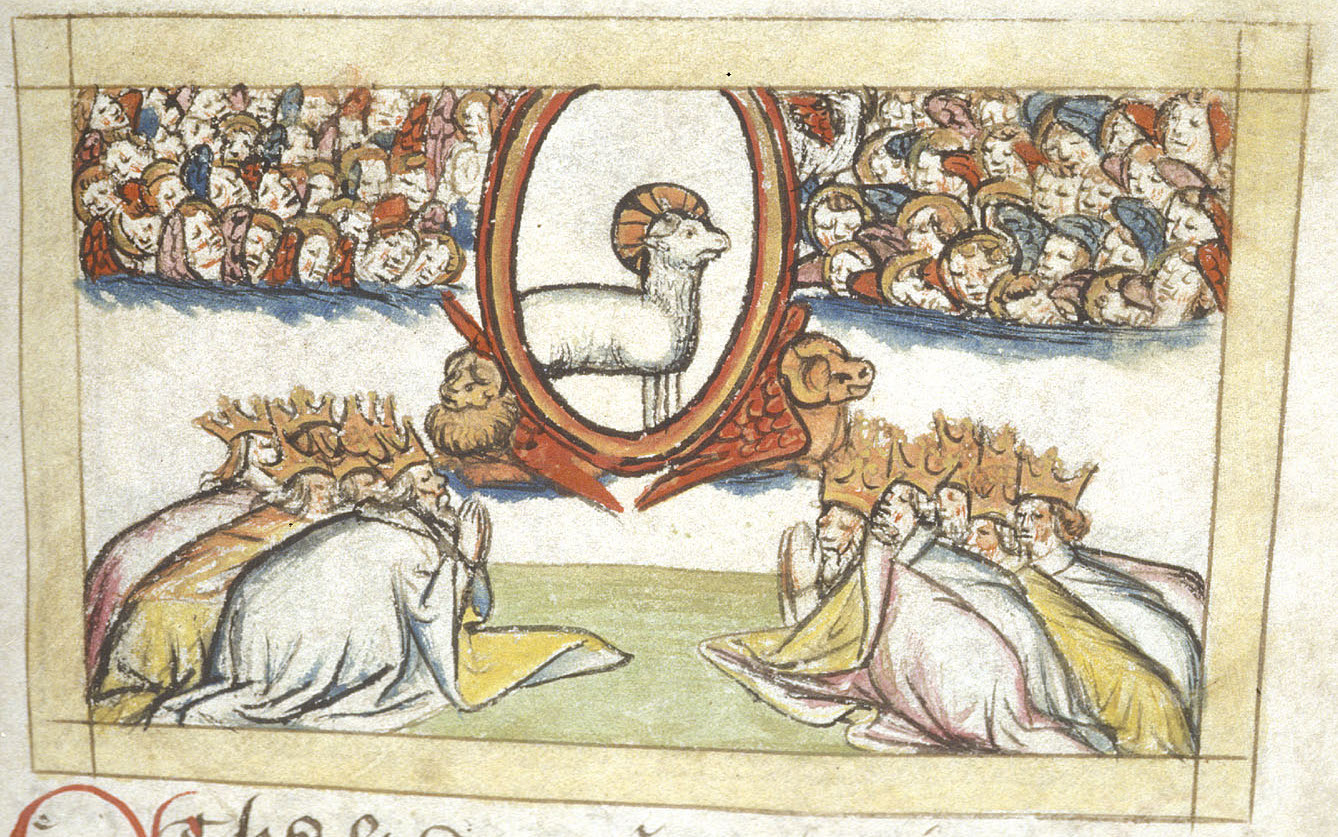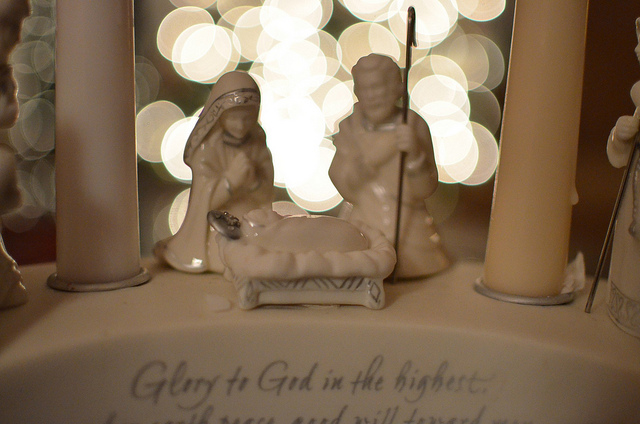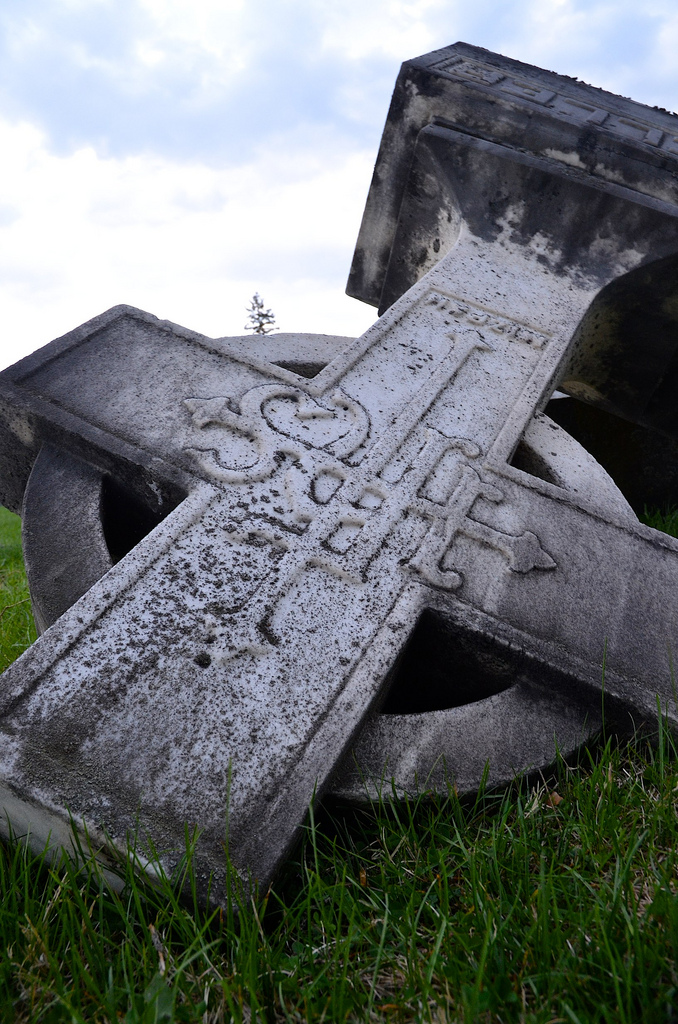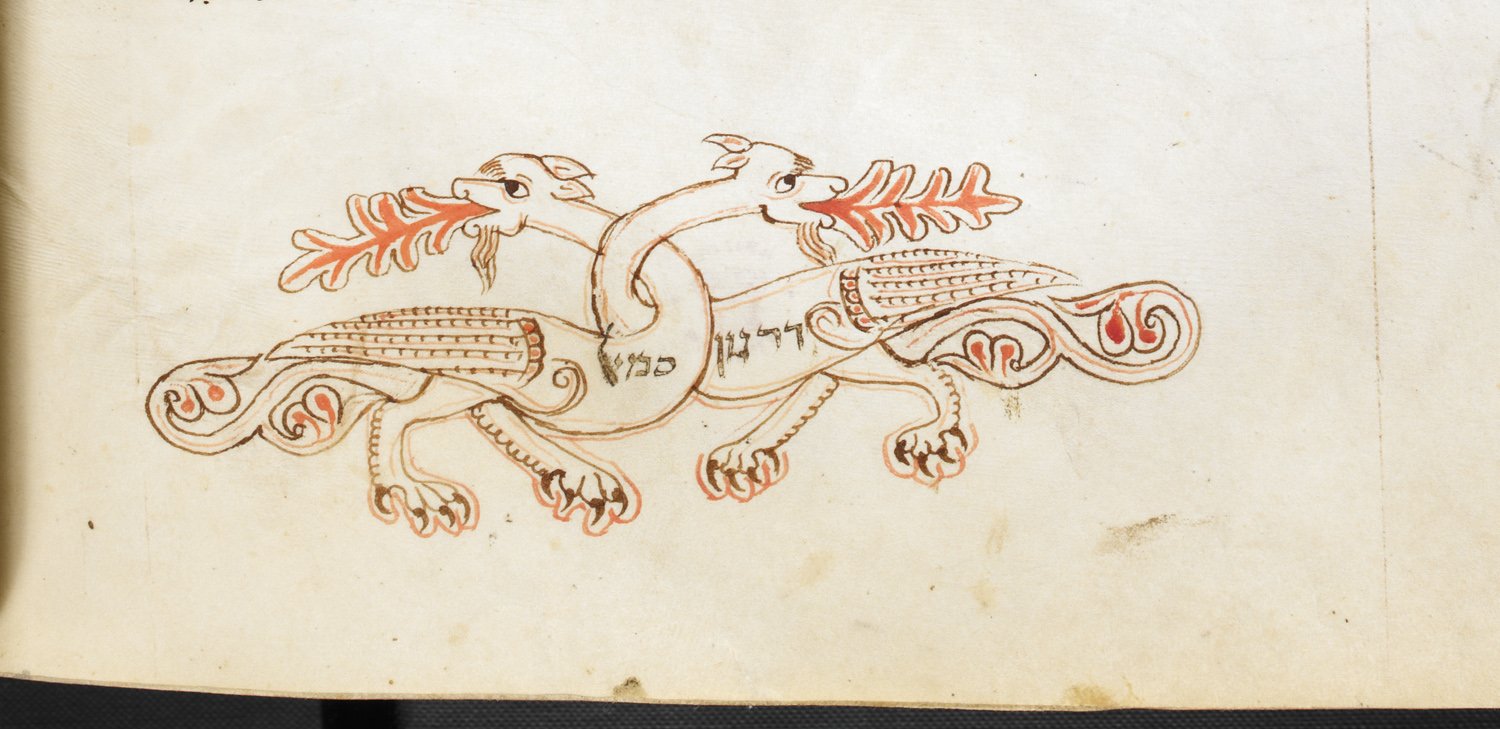This essay was written as part of the outreach program of The Episcopal Church of the Good Shepherd in Lexington to continue to minister to our community in this time of uncertainty and “social distancing” that requires not meeting in person. For essays by my friends and colleagues go to “Calming the Storm.”
This year we all experienced Holy Week and Easter services in an odd way, each in our homes. Passover coincided with Easter this year and so our Jewish friends are also celebrating their festival week at home. While many of their family members who would usually come by the house are “zooming” in, unlike Easter services, Passover is alwayscelebrated in the home and never in the synagogue. So, it is perhaps fitting in this particular season of the year that we found ourselves in our homes, reflecting upon the Paschal mystery.

Now, the academic and theologian in me feels the need to provide all sorts of caveats and explanations, such as raising the question of whether the “Last Supper” was a Passover meal and discussing the complexities of Jesus’ sacrifice being both our “Passover lamb” (1 Cor. 5:7) and the “atoning sacrifice for our sins…and the sins of the world” (1 John 2:1-2). (If you are interested in such matters, I have written more on that here.) However important those discussions are, it is beyond my intent here of simply considering the power and importance of what it means that Jesus went up to offer himself on Passover, the only festival in the Bible that is celebrated in the home, without clergy of any kinds, and which is a regular reminder of God’s historical work in the lives of God’s chosen people.
All those centuries ago, Jesus went up to Jerusalem to celebrate Passover with his friends, but why did Jesus choose Passover of all the festivals? He knew that he was going up to offer himself as a sacrifice that would “atone” for us, as Tyndale coined the English word, to make us “at one” with God (see Lev. 16 and Heb. 9). Why not go up to the city on Yom Kippur, the Day of Atonement? The city would have been just as crowded and the Romans just as nervous about a revolt. Why not make this connection with the sacrifice of atonement explicit in day and time?
Passover is unique among all the fasts, feasts, and festivals given in the Law in that it commemorates an annual, historic event (see Exod. 12). Yom Kippur happened annually, and the sin offerings occurred daily. The Passover sacrifice happened once, in a particular time and place, and when Israelites gathered together at Passover it was not to offer the sacrifice, but to remember the sacrifice that had been made.
So too was Jesus’ sacrifice a unique offering, given at a specific time and place. When we gather at the table, we remember and celebrate in memorial of what he has done for us, but we do not offer his sacrifice anew. Christ died once for all and for all eternity. “He has appeared once for all at the end of the age to remove sin by the sacrifice of himself” (Heb. 9:26).
It is unique as well in that Passover is celebrated within the home, in the community, rather than through the priests in the Temple (or with the Rabbi in the Synagogue). All other sacrifices required the priests to accept the animals and the grain and oil offerings from the people and then present them to God in the Temple. At Passover the family or group of friends gather together, with or without a priest, and give thanks to God for having delivered them from Egypt and death. Jesus sat at the table with his disciples and gave them bread and said, “take, eat, this is my body.” And when he gave up his body as our High Priest, he became our sole intermediary with God.
When we remember the historical events of the first Passover, we recall as well that it required act of faith on the part of the Israelites. They had to sacrifice the animals and then make a sign that they were members of the nation of Israel, marking their doorposts with the blood of the lamb so that the Angel of Death would pass by their household. Jesus called on all who would believe in him to confess him as their Lord and to be baptized. “He blessed the wine and said, ‘This is my blood of the new covenant.” And these are the outward and visible signs of that covenant. After this offering, death no longer can lay claim to us, not just for a single night, but for eternity.
Finally, the Passover and subsequent Exodus from Egypt foreshadow and represent our own passage from sinfulness to forgiveness, from death to life. In that one unique moment in history they declared their commitment to God, were spared death, and led by God through the waters of the sea to the dry land of Canaan, the Promised Land. In Jesus’ death we are delivered from death. We cross through the waters of baptism and we are raised with him to new life.
We now stand on the other side of Easter morning. We stand, as it were, on the far side of the Sea, with Egypt on the other shore, and our old life behind us. Everything is made new in Christ. Yet still, like the Israelites who had already come through so much, there is still a wilderness of life before us. We will grumble and doubt as we make our way through the hard times, yet we know that the Promised Land of our eternity with Christ is assured.
As this year’s Passover feast comes to an end this evening, we should consider the historical experience of the Israelites as they experienced God’s deliverance in their lives and then the challenge of living on the other side of Jordan. We should reflect also on how Mary and Mary Magdalene, how Cleopas and his companion, Thomas, Peter and all the disciples responded to the presence of the risen Christ bursting into their lives.
How will we spend the time that we have here and now? We have been delivered from sin and death, yet for a time we live in between the Red Sea and Jordan, after the resurrection of Jesus and yet still awaiting his coming in glory. What will we do with our wilderness time? Will grumble and complain? Will we hide in the upper room, afraid of what people will say about us and how they will treat us? Or will we lay claim to the new life and freedom, the deliverance from the slavery and bondage of sin that Jesus has won for us and for the whole world, a freedom that the world can enjoy both now and in the world to come?
Almighty and everlasting God, who in the Paschal mystery established the new covenant of reconciliation: Grant that all who have been reborn into the fellowship of Christ’s Body may show forth in their lives what they profess by their faith; through Jesus Christ our Lord, who lives and reigns with you and the Holy Spirit, one God, for ever and ever. Amen.





